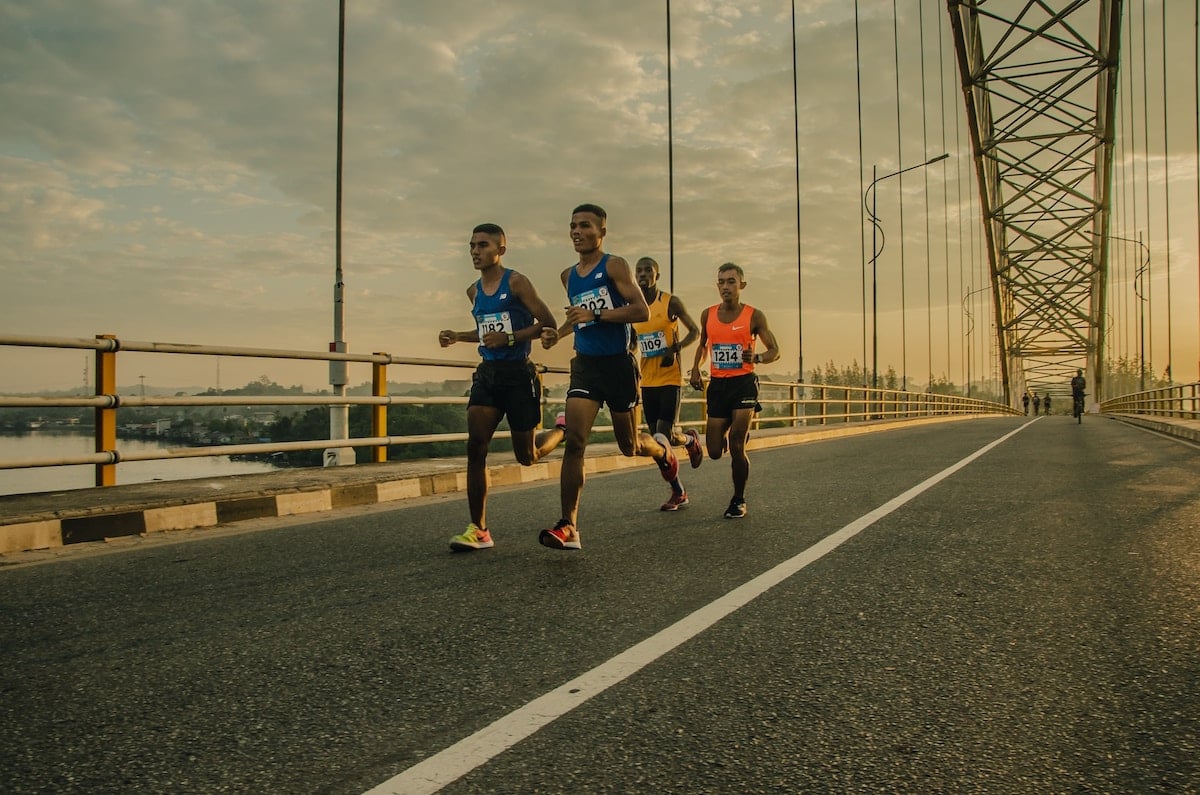When it comes to achieving peak performance, professional athletes understand the importance of quality sleep. Adequate sleep plays a critical role in an athlete’s overall health, mental acuity, and physical recovery. In this article, we will explore ten sleep habits followed by professional athletes to enhance their performance and maintain a competitive edge.
1. Prioritize Sleep:
Professional athletes understand that sleep is a vital component of their training regimen. They prioritize getting enough sleep and make it a non-negotiable part of their routine. They aim for a minimum of 7-9 hours of sleep per night to ensure optimal recovery and rejuvenation.
2. Consistent Sleep Schedule:
Maintaining a regular sleep schedule is crucial for athletes to regulate their body’s internal clock. They strive to go to bed and wake up at the same time every day, even on weekends, to establish a consistent sleep-wake cycle. This consistency promotes better sleep quality and helps synchronize their performance with training schedules.
3. Create a Sleep-Friendly Environment:
Professional athletes understand the significance of a conducive sleep environment. They keep their bedroom dark, cool, and quiet, ensuring minimal disruptions during sleep. Investing in blackout curtains, earplugs, or white noise machines can be beneficial in creating an optimal sleep sanctuary. A good mattress makes all the difference, check out this Casper’s new Snow mattress
4. Wind-Down Routine:
Before going to bed, athletes adopt a wind-down routine to signal their body and mind that it’s time to relax. This routine may include activities such as reading, taking a warm bath, practicing meditation, or engaging in light stretching exercises. By incorporating these calming rituals, athletes can promote relaxation and prepare for restful sleep.
5. Limit Electronic Device Usage:
The blue light emitted by electronic devices, such as smartphones and tablets, can interfere with the body’s natural sleep-wake cycle. Professional athletes are mindful of this and limit their exposure to screens before bedtime. They avoid using electronic devices at least an hour before sleep or use blue light filters to minimize the impact on melatonin production.
6. Optimal Nutrition:
Athletes understand the significance of proper nutrition not only for their physical performance but also for quality sleep. They follow a well-balanced diet, avoiding heavy meals close to bedtime. They prioritize foods rich in sleep-promoting nutrients, such as magnesium and tryptophan, which are found in foods like bananas, almonds, and turkey.
7. Hydration:
Staying hydrated is essential for overall health and athletic performance. Athletes ensure they maintain adequate hydration throughout the day, but they also strike a balance to prevent frequent nighttime bathroom trips. They manage their fluid intake in the evening, hydrating earlier in the day and tapering off closer to bedtime.
8. Physical Activity:
Regular exercise is a cornerstone of an athlete’s lifestyle, and it positively influences their sleep quality. Engaging in regular physical activity helps regulate the sleep-wake cycle, reduces stress, and promotes better sleep. However, intense workouts close to bedtime may have a stimulating effect, so athletes schedule their training sessions earlier in the day. This is as true for Rugby players, and GAA players as it is for Formula 1 drivers.
9. Sleep Tracking:
Many professional athletes utilize sleep tracking technology to monitor their sleep patterns and assess the quality of their rest. Devices such as smartwatches or sleep-tracking apps provide valuable insights into sleep duration, sleep stages, and sleep efficiency. This data helps athletes identify areas for improvement and adjust their habits accordingly.
10. Seek Professional Help:
Professional athletes understand that sleep is a crucial aspect of their overall performance, and they seek expert guidance when needed. They consult with sleep specialists, sports psychologists, or other professionals to address any sleep issues or optimize their sleep habits further. These professionals can offer personalized advice and solutions tailored to an athlete’s specific needs.


